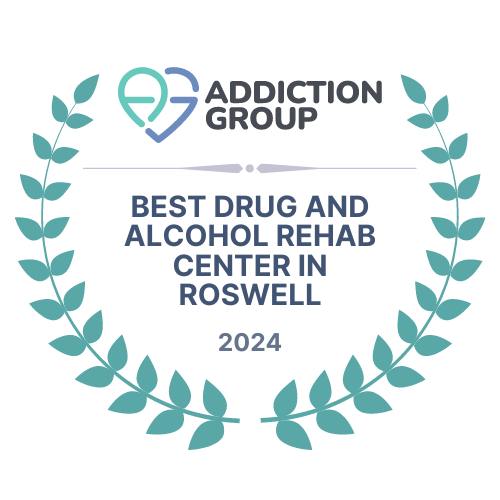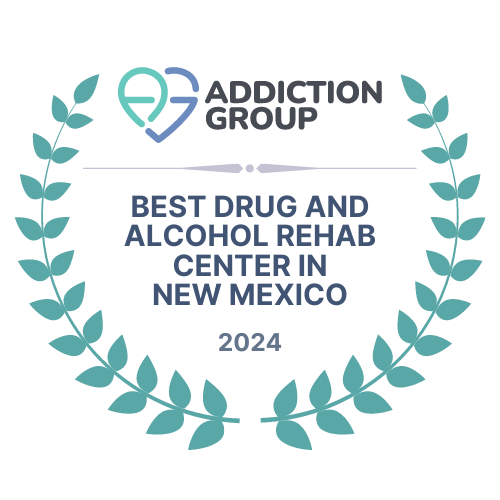The Science Behind Addiction
Addiction is a complex condition that affects the brain and behavior, often leading to compulsive substance use despite harmful consequences. Understanding the science behind addiction is crucial for comprehending its nature and developing effective treatment strategies. This comprehensive guide delves into the neurobiological mechanisms of addiction, the role of genetics and environment, and how Renew Health applies this knowledge to support recovery.
The Neurobiology of Addiction
Addiction is primarily a brain disorder that alters the way the brain functions. Several key areas of the brain are involved in the development and maintenance of addiction:
- The Reward System: The brain’s reward system, particularly the nucleus accumbens, plays a central role in addiction. This system releases dopamine, a neurotransmitter associated with pleasure and reward, in response to substance use. Over time, repeated substance use can lead to changes in the reward system, making the brain less responsive to natural rewards and more reliant on substances to feel pleasure.
- The Prefrontal Cortex: The prefrontal cortex is responsible for decision-making, impulse control, and regulating emotions. Substance use can impair the prefrontal cortex, leading to poor decision-making, increased impulsivity, and difficulty resisting cravings.
- The Amygdala: The amygdala is involved in emotional processing and stress response. Addiction can heighten the brain’s stress response, making individuals more sensitive to stress and more likely to use substances as a coping mechanism.
- The Hippocampus: The hippocampus plays a crucial role in forming memories, including those associated with substance use. Triggers and cues related to past substance use can activate the hippocampus, leading to cravings and relapse.
The Science Behind Addiction: The Role of Dopamine
Dopamine is a key player in the development of addiction. It is released in the brain’s reward system in response to pleasurable activities, reinforcing behaviors that promote survival, such as eating and socializing. However, substances of abuse can hijack this system, leading to excessive dopamine release and intense feelings of pleasure.
Over time, the brain adapts to the high levels of dopamine by reducing the number of dopamine receptors or decreasing their sensitivity. This process, known as tolerance, means that individuals need to use more of the substance to achieve the same effects. As tolerance builds, the brain becomes increasingly dependent on the substance to maintain normal functioning, leading to addiction.
Genetics and Addiction
Genetics plays a significant role in the susceptibility to addiction. Research has shown that genetics can account for approximately 40-60% of an individual’s risk for developing a substance use disorder. Several genes have been identified that influence how the brain responds to substances and how the body metabolizes them.
For example, variations in genes related to the dopamine system can affect how rewarding a substance feels, influencing an individual’s likelihood of developing addiction. Additionally, genetic factors can affect an individual’s sensitivity to stress, impulsivity, and risk-taking behavior, all of which can contribute to the development of addiction.
Environmental Factors in The Science Behind Addiction
While genetics plays a crucial role, environmental factors also significantly influence the development of addiction. These factors can include:
- Early Life Experiences: Adverse childhood experiences, such as trauma, abuse, neglect, and exposure to substance use, can increase the risk of developing addiction later in life.
- Social Environment: Peer pressure, social norms, and the availability of substances can influence substance use behaviors. Living in an environment where substance use is prevalent or accepted can increase the risk of addiction.
- Stress and Coping Mechanisms: Chronic stress and the inability to cope with stress healthily can lead individuals to use substances as a way to self-medicate and manage their emotions.
- Mental Health Disorders: Co-occurring mental health disorders, such as depression, anxiety, and PTSD, can increase the risk of substance use and addiction. Individuals may use substances to alleviate symptoms of their mental health conditions.
Epigenetics and Addiction
Epigenetics refers to changes in gene expression that do not involve alterations to the underlying DNA sequence. Environmental factors, such as stress, trauma, and substance use, can cause epigenetic changes that affect how genes related to addiction are expressed. These changes can influence an individual’s susceptibility to addiction and their response to treatment.
Understanding Addiction at Renew Health
At Renew Health, we use our understanding of the neurobiology and science behind addiction to develop effective treatment strategies. Our approach includes:
- Comprehensive Assessments: We conduct thorough assessments to understand each patient’s unique genetic, environmental, and psychological factors contributing to their addiction.
- Personalized Treatment Plans: Based on the assessment, we create personalized treatment plans that address the specific needs of each individual, incorporating medical, psychological, and holistic therapies.
- Medication-Assisted Treatment (MAT): We use MAT to help manage withdrawal symptoms, reduce cravings, and stabilize brain function. Medications such as methadone, buprenorphine, and naltrexone are used in combination with counseling and behavioral therapies.
- Behavioral Therapies: Our evidence-based behavioral therapies, such as Cognitive Behavioral Therapy (CBT), Dialectical Behavior Therapy (DBT), and Motivational Interviewing (MI), help individuals develop healthy coping mechanisms, improve decision-making, and address underlying psychological issues.
- Holistic Approaches: We incorporate holistic approaches, such as mindfulness, meditation, exercise, and nutrition, to support overall well-being and recovery.
- Relapse Prevention: We provide education and support to help individuals identify and manage triggers, develop relapse prevention plans, and build resilience against cravings.
Success Stories from Renew Health
The success of our approach is reflected in the stories of our patients. For example, Lisa, who struggled with opioid addiction, benefited from our comprehensive treatment program. By addressing the neurobiological, genetic, and environmental factors contributing to her addiction, Lisa was able to achieve and maintain sobriety. Her journey highlights the importance of understanding the science behind addiction to develop effective treatment strategies.
Conclusion for The Science Behind Addiction
Understanding the science behind addiction is crucial for developing effective treatment strategies and supporting long-term recovery. At Renew Health, we are dedicated to providing comprehensive care that addresses the neurobiological, genetic, and environmental factors contributing to addiction. If you or a loved one is struggling with addiction, reach out to Renew Health for compassionate and effective support. Together, we can navigate the path to recovery and a healthier, happier life.









